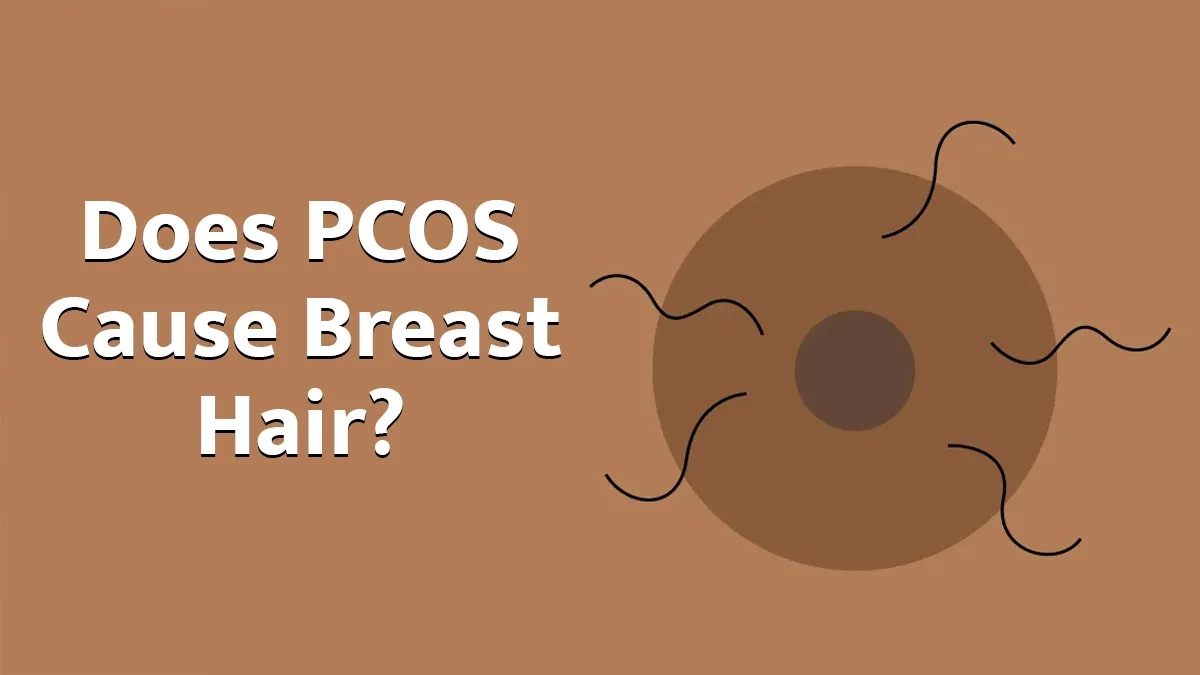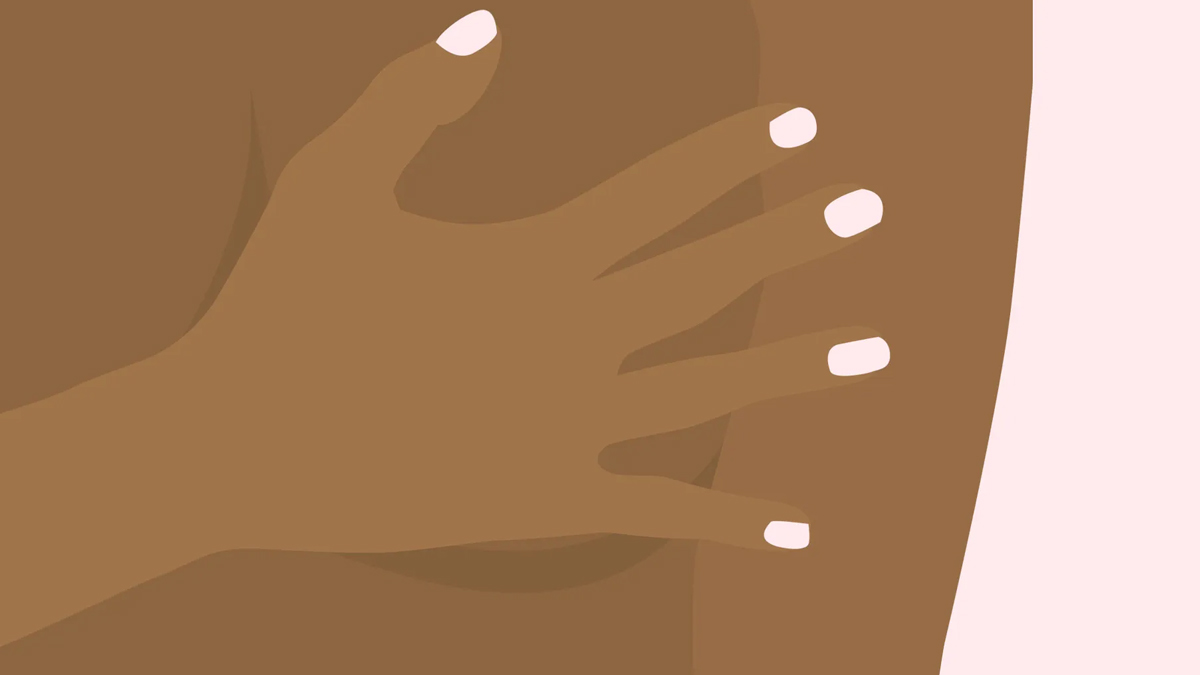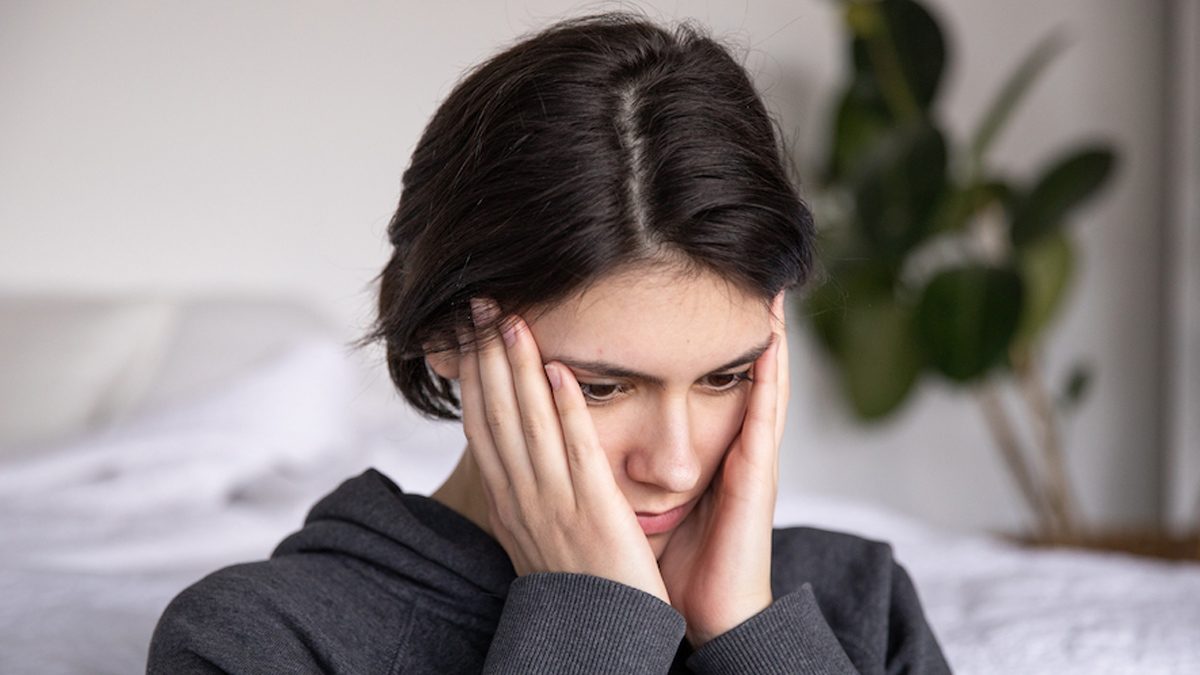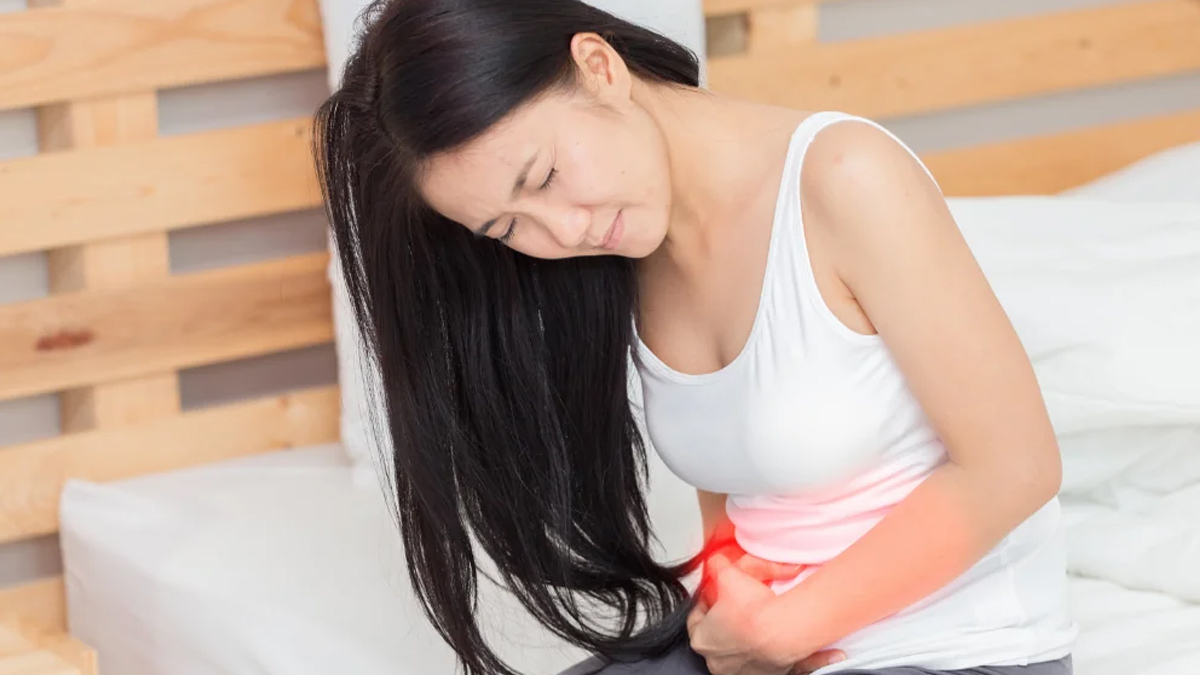
Polycystic Ovary Syndrome (PCOS) is a common health condition that affects many women of reproductive age. It happens when the ovaries produce higher-than-normal amounts of male hormones called androgens. PCOS can cause a range of symptoms, including irregular periods, weight gain, acne, and trouble getting pregnant. One side effect that often worries women is unwanted hair growth in places where men usually have hair, such as the face, chest, and even around the nipples or on the breasts. This can be distressing, but it is a common symptom of PCOS.
Table of Content:-
How Does PCOS Cause Breast Hair?![PCOS and breast hair 2 - 2025-06-13T164956.413]()
Dr Saloni Patil, Consultant at Dr Patil’s IVF and Fertility Clinic, Mumbai, explains that PCOS leads to hormonal imbalances in the body. “Women with PCOS have higher levels of androgens, which are male hormones that can trigger hair growth in areas like the chin, upper lip, chest, and breasts,” she says. This type of hair growth is called hirsutism.
Dr Patil adds, “Hirsutism is not dangerous, but it can affect self-esteem and confidence. The hair that grows on the breasts due to PCOS is usually coarse and dark, unlike the fine hair that is normally present.” She also notes that not all women with PCOS will develop breast hair, but those who do often have other symptoms of high androgen levels, such as acne or scalp hair thinning.
The reason for this hair growth is simple: when there are more androgens in the body, hair follicles in certain areas become more active. This leads to thicker, darker hair in places where women usually have only soft, light hair.
ALSO READ: Can Having Sex Cause a Urinary Tract Infection (UTI)? What You Should Know to Stay Healthy
What Research Says About PCOS and Hair Growth![breast hair pcos 3 - 2025-06-13T165004.358]()
A study published in the journal Human Reproduction found that about 70% of women with PCOS experience hirsutism, including hair growth on the chest and breasts. The study highlights that the severity of hair growth can vary from woman to woman and depends on genetic factors and the level of androgen hormones in the body.
The researchers also point out that hirsutism can be managed with medication, lifestyle changes, and cosmetic treatments like waxing or laser hair removal. Managing PCOS with a healthy diet, regular exercise, and weight control can also help balance hormone levels and reduce unwanted hair growth.
What Can Women Do About Breast Hair from PCOS?![pcos 1 - 2025-06-13T165001.130]()
If you notice new or increased hair growth on your breasts, it’s important to talk to your doctor. They can check your hormone levels and suggest the best treatment for you. Some women may benefit from medications that lower androgen levels or birth control pills that help regulate hormones. Others may choose cosmetic options to remove unwanted hair. Dr Patil recommends, “Don’t be embarrassed to discuss these symptoms with your healthcare provider. PCOS is common, and there are many ways to manage its effects.”
ALSO READ: Can Using Tampons Affect Your Hymen? Experts Debunk the Virginity Myth
Conclusion
PCOS is a hormonal condition that can cause unwanted hair growth, including on the breasts. This happens because of higher levels of male hormones in the body. While this symptom can be upsetting, it is common and treatable. If you have concerns about hair growth or other symptoms of PCOS, talk to your doctor for help and support. Managing PCOS with medical and lifestyle changes can make a big difference in your health and confidence.
Also watch this video
How we keep this article up to date:
We work with experts and keep a close eye on the latest in health and wellness. Whenever there is a new research or helpful information, we update our articles with accurate and useful advice.
Current Version


